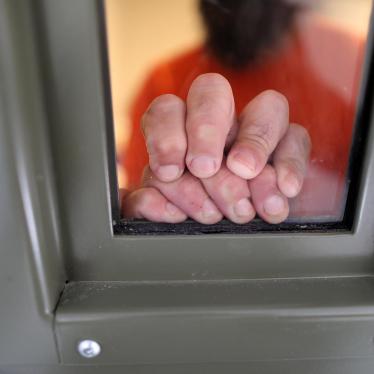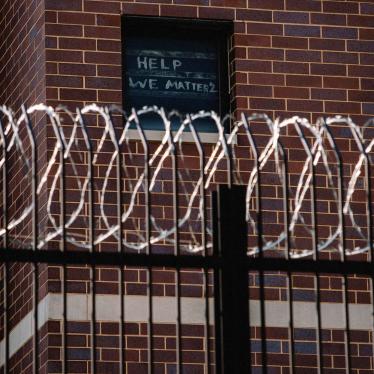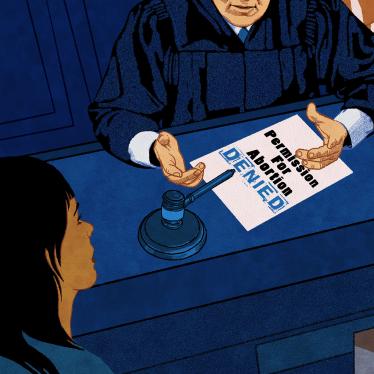Many things are at stake as the nation battles the Covid-19 crisis; among the central long-term concerns is the fate of our right to vote. Facing so much suffering and death has left many grief-stricken Americans feeling robbed of a voice -- and voting is a crucial way of shouting back, "I'm here. My loved ones and I matter." Unfortunately, voter suppression has threatened that right for thousands of historically disfranchised Americans with tactical precision since the US Supreme Court gutted the Voting Rights Act of 1965 in a 2013 decision, Shelby County v. Holder, which found unconstitutional sections of the act that required states with long histories of discriminatory voting practices to get Justice Department approval before changing voting laws.
Since that decision, numerous states have changed laws to require voters to show photo IDs, have purged their voter rolls, or have shortened or ended early voting. Court challenges in Texas, North Carolina and other states have shown that these changes make it harder for black, Latino, poor and older communities to vote. As reported by the ACLU in a recent commentary on voter suppression in 2020, 70% of voters purged from the Georgia rolls in 2018 were black. Across the country, counties with larger minority populations have fewer polling places and poll workers per voter, and since 2010, the number of states that have imposed voter ID restrictions has risen to 36, according to the same report.
Fears that voter suppression will become even more rampant during the current pandemic are growing, especially in light of the Wisconsin primary election on April 7. There, the State Supreme Court ruled that in-person voting could take place despite concerns about the global pandemic.
Then, the Supreme Court cemented that ruling, deciding that absentee ballots returned after the election would not be counted, even though election officials failed to mail them out in time. Never mind palpable concerns that this move would have a disparate impact on black, Latino and poorer communities in Wisconsin, where the lack of poll workers and polling places was such that in Milwaukee they had to consolidate 180 polling places to just five. For Milwaukee, which holds Wisconsin's largest African American population, this meant they had fewer polls even though the number of voters there was expected to be high.
The nation can ill-afford a repeat of what happened in Wisconsin.
These actions by the Supreme Court are unlike anything we've seen since the era when the Voting Rights Act was passed, when many Southern states, including South Carolina and Virginia, continued to enforce discriminatory voting practices such as poll taxes and convoluted methods of voter registration that discriminated against African Americans. During that time, between 1965 and 1969, the Supreme Court stood on the side of voting rights and issued several key decisions upholding the Voting Rights Act in response to this state resistance. The scale of the more recent changes, coupled with concerns that suppression will rise in the age of Covid-19, means combating voter suppression cannot be limited to one or two policy reforms. It has to entail a full-fledged, comprehensive plan to stamp out suppression at every turn.
Some states have made small positive changes. For example, 16 states and DC have approved automatic voter registration, but only 12 of those states will have it in place in time for the November elections. As for same-day registration, 24 states will have this in place for November.
However, a patchwork quilt of state efforts is not the answer. Nor is last-minute decision making, as we saw in Wisconsin. But just as the governors have led efforts to stem the tide of Covid-19, they can also stem the tide of voter suppression.
Gov. Ralph Northam of Virginia has provided a road map. On April 12, building off the foundation laid by the state legislature, he initiated a full-on attack against voter suppression. Virginia's new measures include establishing Election Day as a holiday, removing a requirement for a photo ID, and expanding early voting to 45 days before an election.
These are well researched, common sense, evidence-based solutions that non-partisan voting rights advocates have pushed for years. Northam articulated what voting rights advocates have zealously argued and international human rights law enshrines, that "voting is a fundamental right," and that voting laws should "strengthen our democracy by making it easier to cast a ballot, not harder."
I spent more than a decade as a voting rights advocate working with Congress to ensure that the rights of all voters are protected, and with legal and community partners around the country to help ensure access to free and fair elections. It's clear to me that this is a moment when strong coordinated action to protect voting rights is urgently needed. The history of constitutional law related to voting rights in this country has almost exclusively focused on expanding the franchise and not limiting it. But actions by partisan governors and legislators since 2016 have sought to turn back the clock.
These legislators, governors, and national leaders at top levels have chosen politics over the right to vote. The Covid-19 pandemic, sadly, presents another opportunity for those same leaders to try to suppress voting by people whose voices, historically, have been muffled and lives lost in the fight to participate in our democracy.
So, as the country wrestles with the pandemic and the life and death decisions we are depending on our leaders to make, protecting the right to vote is more important now than ever. This was evident in the outcome in Wisconsin, despite the efforts to curtail voting. Ensuring people's right to vote is at the heart of protecting our democracy. The playbook has been written. Now governors and lawmakers need to show courage and conviction, prioritize the interests of the citizens they were elected to serve, and follow it.









